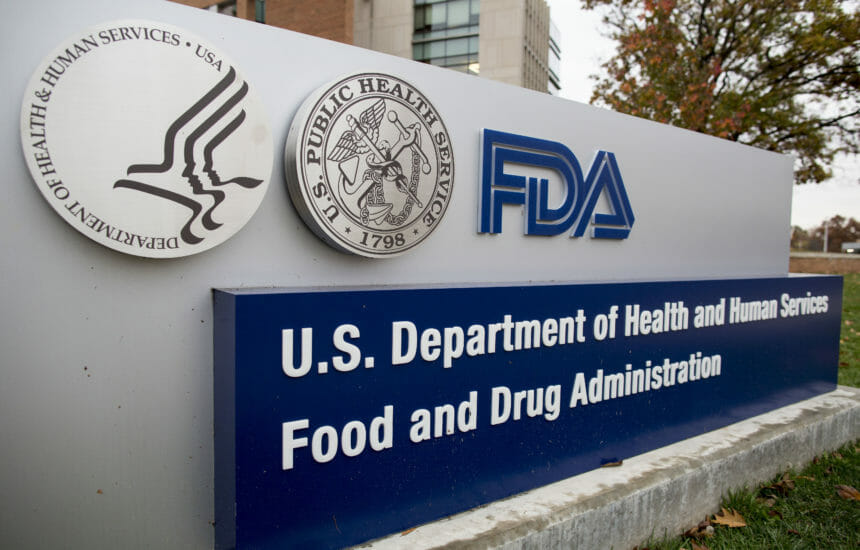After much talk about reforming its accelerated approval pathway, the Food and Drug Administration has taken a small step toward that goal. To “reduce clinical uncertainty,” the agency has proposed new guidelines for cancer drug developers that would tighten up requirements for clinical trials.
The new guidance, released Friday, suggests drugmakers should provide randomized controlled trials — in which patients are split into groups that receive either the treatment or a different treatment/placebo — instead of single-arm trials, which are commonly used in oncology for accelerated approval.
Single-arm trials don’t involve a comparator to the treatment and have limitations, including small safety datasets and low response rates, the FDA noted. But they’re often used by drugmakers in accelerated approval because they’re considered cheaper and quicker than randomized controlled trials.
Still, the agency said in a statement, “Given the limitations of single-arm trials, FDA considers a randomized controlled trial to be the most appropriate trial design to support accelerated approval of oncology drugs.”
The agency honed in on postmarketing confirmatory trials — studies that a pharma company must conduct after the FDA has approved a drug in order to confirm its safety, efficacy and overall clinical benefit. The randomized clinical trials could help speed up the confirmation of clinical benefit, the FDA said.
“The FDA’s accelerated approval program has provided patients with cancer earlier access to novel treatments that can be practice changing,” Richard Pazdur, director of the FDA’s Oncology Center of Excellence, said in a statement. “Today’s draft guidance provides recommendations to sponsors for designing clinical trials to support accelerated approval.”
“Building quality and efficiency into the design of oncology clinical trials is a crucial component in providing maximum benefit to those living with cancer,” he added in the statement.
The proposed guidelines come after several years of debate over the accelerated approval pathway, spurred largely by FDA’s approval of Aduhelm, Biogen’s controversial Alzheimer’s treatment, in 2021. As concerns over the drug’s clinical benefit mounted, lawmakers and scientists questioned the FDA’s accelerated approval pathway and, specifically, whether it was rigorous enough to ensure that the drugs it produced were beneficial for patients.
The agency recently granted a different Alzheimer’s drug, Biogen/Eisai’s lecanemab, a controversial accelerated approval.
Pharma companies are often slow to provide follow-up confirmatory studies that prove the benefits of a fast-tracked drug. According to NPR, 42% of outstanding confirmatory studies didn’t commence until more than a year after the drug was granted accelerated approval. Some of the studies, in fact, hadn’t begun at all.
Such issues have led to increased scrutiny in Congress, where lawmakers have debated whether the pathway should be loosened (a Republican proposal) or strengthened to provide more rigorous safety and efficacy data (a Democrat-supported push).
Most recently, several congressional committees issued an investigative report that dug into the FDA’s questionable relationship with Biogen during the accelerated approval of Aduhelm. The report honed in on “inappropriate” collaboration on an adcom briefing document.
“I am hopeful these findings are a wake-up call for the FDA to reform its practices and a call to action to my congressional colleagues to continue oversight of the pharmaceutical industry to ensure they don’t put profits over patients,” Rep. Carolyn Maloney (D-NY) said in a statement that referenced the report.







